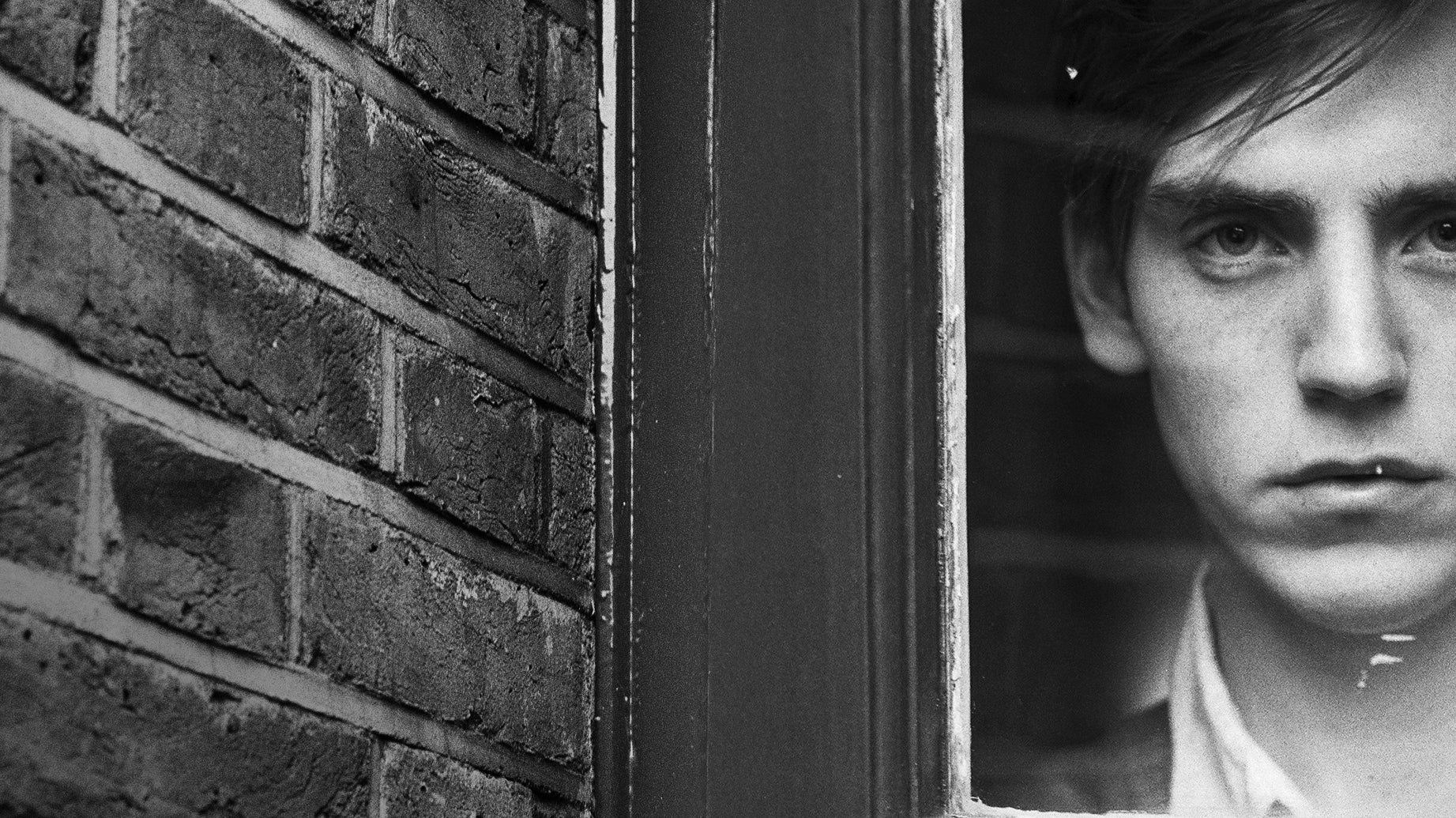Book review: ‘Different Class’
Crime novel or literary novel? Categories really don't matter: readers will find themselves gripped

Your support helps us to tell the story
From reproductive rights to climate change to Big Tech, The Independent is on the ground when the story is developing. Whether it's investigating the financials of Elon Musk's pro-Trump PAC or producing our latest documentary, 'The A Word', which shines a light on the American women fighting for reproductive rights, we know how important it is to parse out the facts from the messaging.
At such a critical moment in US history, we need reporters on the ground. Your donation allows us to keep sending journalists to speak to both sides of the story.
The Independent is trusted by Americans across the entire political spectrum. And unlike many other quality news outlets, we choose not to lock Americans out of our reporting and analysis with paywalls. We believe quality journalism should be available to everyone, paid for by those who can afford it.
Your support makes all the difference.It's not strictly accurate to call Joanne Harris a crime writer – her impressive versatility means that slotting her into any one category is too limiting. After the bestselling Chocolat (made into a film starring Johnny Depp), she has tackled genres as diverse as Norse myth fantasies, historical fiction and even cuisine (with three cook books to her name). But if the truth be told, her real métier is psychological suspense, and her accomplished new book, Different Class, is a prime example of her skills in this area.
The book is the third in the sequence set in the fictional Yorkshire village of Malbry, and follows the much-acclaimed Gentlemen and Players. The setting is St Oswald's Grammar School for Boys, a troubled institution desperately in need of some good PR. A schoolboy has been murdered, exam results are so poor that government intervention threatens, and the school’s personnel is diminishing, with the head and several teachers moving on.
As the crisis looms, eccentric Latin master Roy Straitley is persuaded to delay his retirement for a year – but begins to regret his decision with the appointment of a fashionable new Head, au fait with all the latest trends, and planning both a paper-free environment and a merger with Mulberry House, the school’s female counterpart.
But Roy has a particular problem with this new principal: he turns out to be one of his ex-pupils, a boy involved in a scandal that ended with one of the school’s teachers being sent to jail. The atmosphere becomes corrosive, and as some uncomfortable truths begin to emerge, Roy finds himself caught in a maelstrom of guilt and betrayal that may lead to the closure of the school to which he has been dedicated for so long.
Harris has said that one of her hobbies is "quiet subversion of the system", and there's a little of that going on in this novel. From its arresting opening to its satisfying conclusion, Different Class is a mesmerising piece that functions of a variety of levels. The book tackles issues of loyalty and guilt, the demands of friendship and the problems of dealing with crises of conscience.
The beleaguered Roy Straitley is a wonderfully nuanced character, but he is only one element in a strongly realised cast. In the final analysis, though, what really counts here is Harris’s unerring narrative command. Crime novel or literary novel? Categories really don't matter; readers will find themselves comprehensively gripped.
‘Different Class’ by Joanne Harris, Doubleday, price £18.99
Join our commenting forum
Join thought-provoking conversations, follow other Independent readers and see their replies
Comments